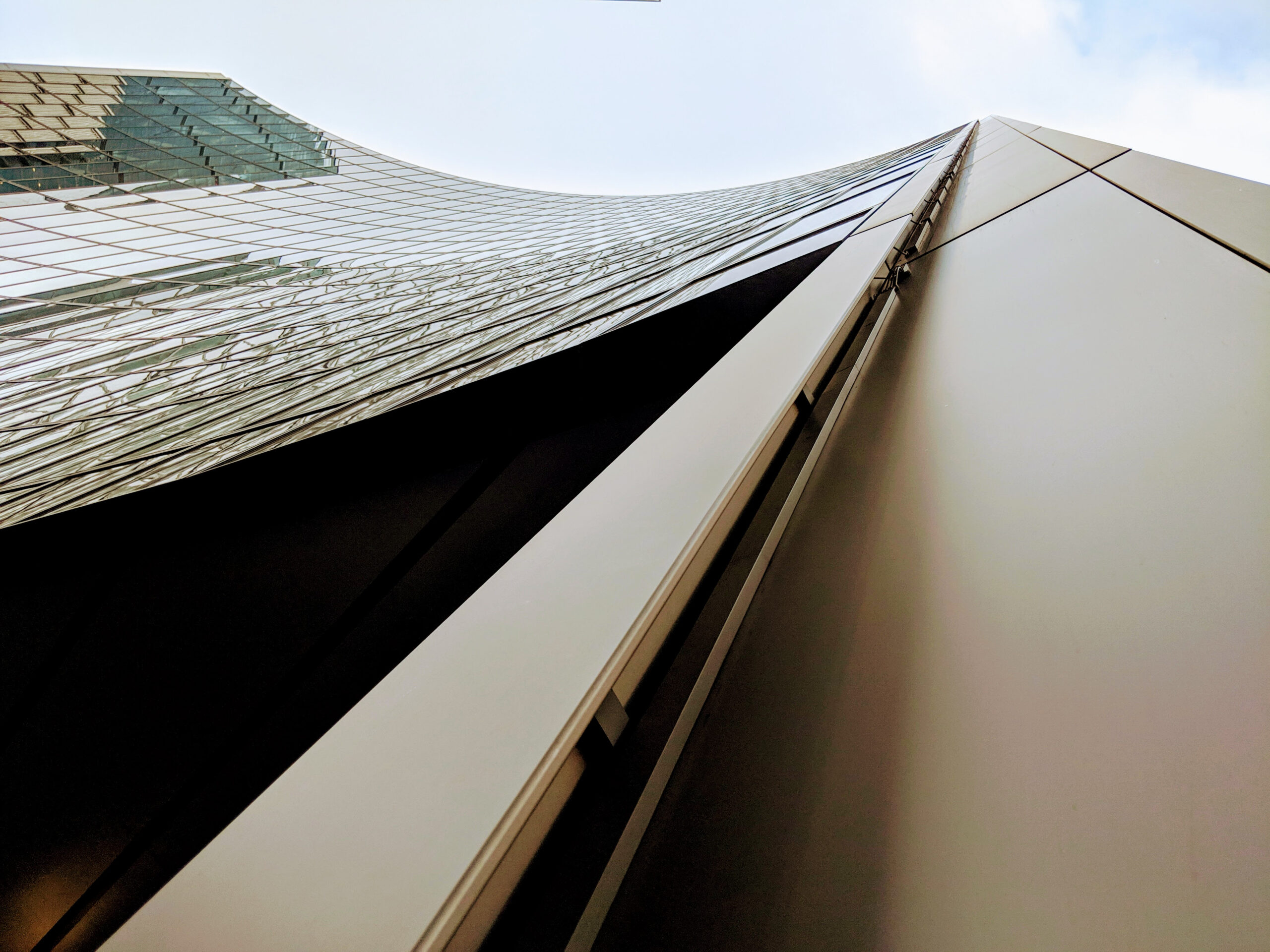Partner Reza Mohtashami QC and senior associate Farouk El-Hosseny of Three Crowns, and Romilly Holland, a senior associate at McDermott Will & Emery, recently co-authored a chapter in The Guide to Damages in International Arbitration – Fourth Edition. Their chapter, “Non-Compensatory Damages in Civil and Common Law Jurisdictions: Requirements and Underlying Principles,” reviews the award of non-compensatory damages under common law and civil law systems. The chapter also looks at the limitations on an arbitral tribunal’s authority to award non-compensatory damages before considering the position under international law and also explores the extent to which moral damages are assuming a non-compensatory function.
For more information on the chapter, click here.
ABOUT REZA MOHTASHAMI QC
Reza, a partner in the London office, has represented clients as counsel and advocate in more than 80 arbitrations conducted under a variety of arbitration rules in many different jurisdictions. He has particular expertise in disputes arising in emerging markets.
Reza is a qualified English Solicitor-Advocate and was appointed Queen’s Counsel in recognition of his advocacy skills in 2018. He is Vice-Chair of the IBA Arbitration Committee, trustee of the DIFC-LCIA Arbitration Centre, member of the LCIA Court, and an editorial board member of the ICC Dispute Resolution Bulletin and Global Arbitration Review.
ABOUT FAROUK EL-HOSSENY
Farouk, a senior associate in the London office, advises clients on arbitrations governed by the ICC, ICSID, and UNCITRAL rules, with a focus on complex commercial and investor-State disputes in the telecommunications and oil and gas sectors. He is often called upon by clients to provide strategic advice in respect to disputes raising matters of taxation, international sanctions, and claims by competing governments.
In addition, Farouk has acted as an arbitrator under the ICC and DIAC rules. He is actively involved in the Firm’s pro bono practice, having recently assisted REDRESS in a landmark case before the African Commission on Human and Peoples’ Rights (ACHPR).





